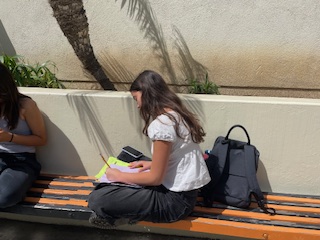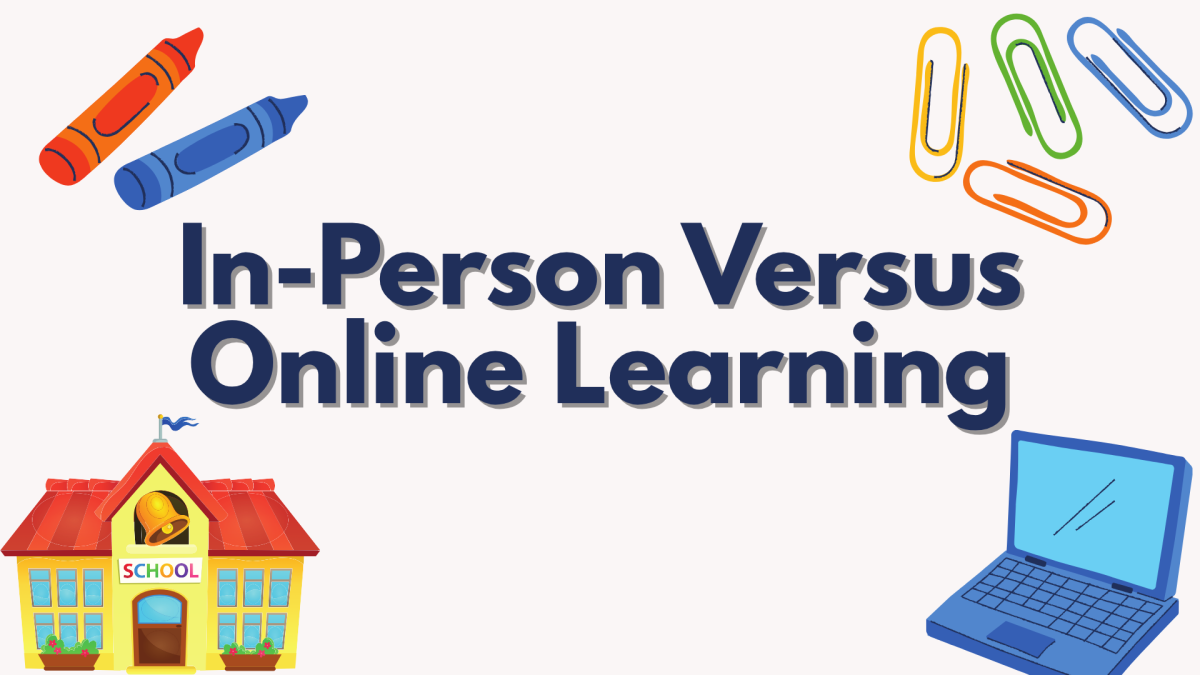It’s widely agreed that school is stressful. Once you’re there, you want to go home. The reason is simple: home is a comfortable place. Home is where you turn when all else goes wrong. With the harsh demands that school brings — homework, assignments and crammed studying — sometimes students need a break.
At times, however, it’s hard to catch one when your supposed safe haven is affecting your educational environment. Whether it be positive or negative, home can immensely affect how students perform in school.
Todd Herrenkohl, a University of Washington associate professor of social work, said, “Children develop a mindset when they see how parents deal with problems.”

How children deal with problems and challenges and how they view the world comes from what behavior is acceptable at home. It comes from parents, siblings, cousins, grandparents, aunts, uncles and so on.
Julienne Papilla, a graduate student pursuing a degree in Social Work at California State University of Dominguez Hills, said, “Social work centers ‘person-in-environment… Behavior is an outward symptom of what’s going on at home. So, whatever is happening at home reflects outside of the home as well. It’s kind of like a learned behavior.”
Reflecting on the troubles of academic and household responsibilities, Papilla recalls a teenage girl, who was a sophomore as a 17 year-old—even though the recommended age for a sophomore is 15-16. Already falling behind, she was also the eldest of five, with a pregnant mother, and dealing with environmental issues such as housing and security.
“How would she be able to focus on homework when she doesn’t have a home to do the work in? According to Maslow’s Hierarchy of Needs, we would need stable housing, stable food, stable ‘whatever-it-is’ first. Then everything else would fall into place,” Papilla said.
She mentioned that, unfortunately, school systems may see poor performance as a deficit and not as a result or effect of something bigger.

Papilla also noted that the effects of home lives can either be external or internalized, meaning the results can either show physically or mentally.
The effects of internalizing and externalizing can carry on for a long time. For Julian Pere, a 26-year-old living in Carson, California, it lasted for years, peaking throughout middle and high school.
“When I was younger, at about the age of 13, my father remarried and their marriage was pretty bad. So, he was kind of starting to divorce his wife — which was not my mom, so there was a lot of tension in the house,” Pere said. “I would go to school and I couldn’t really confide in my dad because he was already going through a lot.”
Pere felt himself shutting down, which he remembers as being physically present, but not mentally there. This is known as internalizing.
“Nobody really noticed, and that was the scary thing,” he said. “My grades were dropping — I had straight F’s. I had to go to this thing that my high school had called intervention, which is basically before they would send you to a continuation school.”
Pere said, “Things I normally liked doing, like playing video games, I didn’t do anymore.”
These are just some of the effects of internalizing, just as Papilla had explained. Without anyone to go to, anyone to comfort him, or anyone to just be there, Pere pushed his feelings onto himself, which is deeper than just a one-time thing. PubMed Central says, “Internalizing symptoms encompass a spectrum of mental states relating to disrupted mood and emotions, such as stress, depression, or anxiety.”
For Aubree Carpenter, a freshman here at Huntington Beach High School (HBHS), her at-school life is definitely influenced by her household. She said, “My mood for each day and level of effort are probably the most related to home.”

When it comes to late nights or troubled family members, she recalls putting less effort into her appearance and has a shorter temper. “When my parents are arguing or I’m mad at someone, I tend to avoid homework and lose focus more consistently,” she said.
Tatianna Nguyen, another freshman at HBHS, agrees that home does affect her academic life, but in a different sense. Nguyen said, “My home experiences give me stories to tell at school.”
Your environment is able to affect any aspect of your physical, emotional and mental state — even your academic performance. Things that are usually enjoyable might become less entertaining when everything around you isn’t exactly the motivation you need. Your educational setting could be influenced by your home environment, resulting in multiple branches of possible effects — both positive and negative.
It’s good to stay mindful about what you let affect your behavior. If you catch yourself taking something from one environment to the next in a negative manner, retracting and preventing yourself from affecting a completely unrelated circumstance is one way to regain control of yourself.
Just as there are multiple ways to affect your environment, there are dozens of other ways to prevent this from happening as often as it does, and it all comes from the home. If you are struggling at home and feel like you need to talk to someone, there are several counselors on campus at HBHS you can reach out to here.








